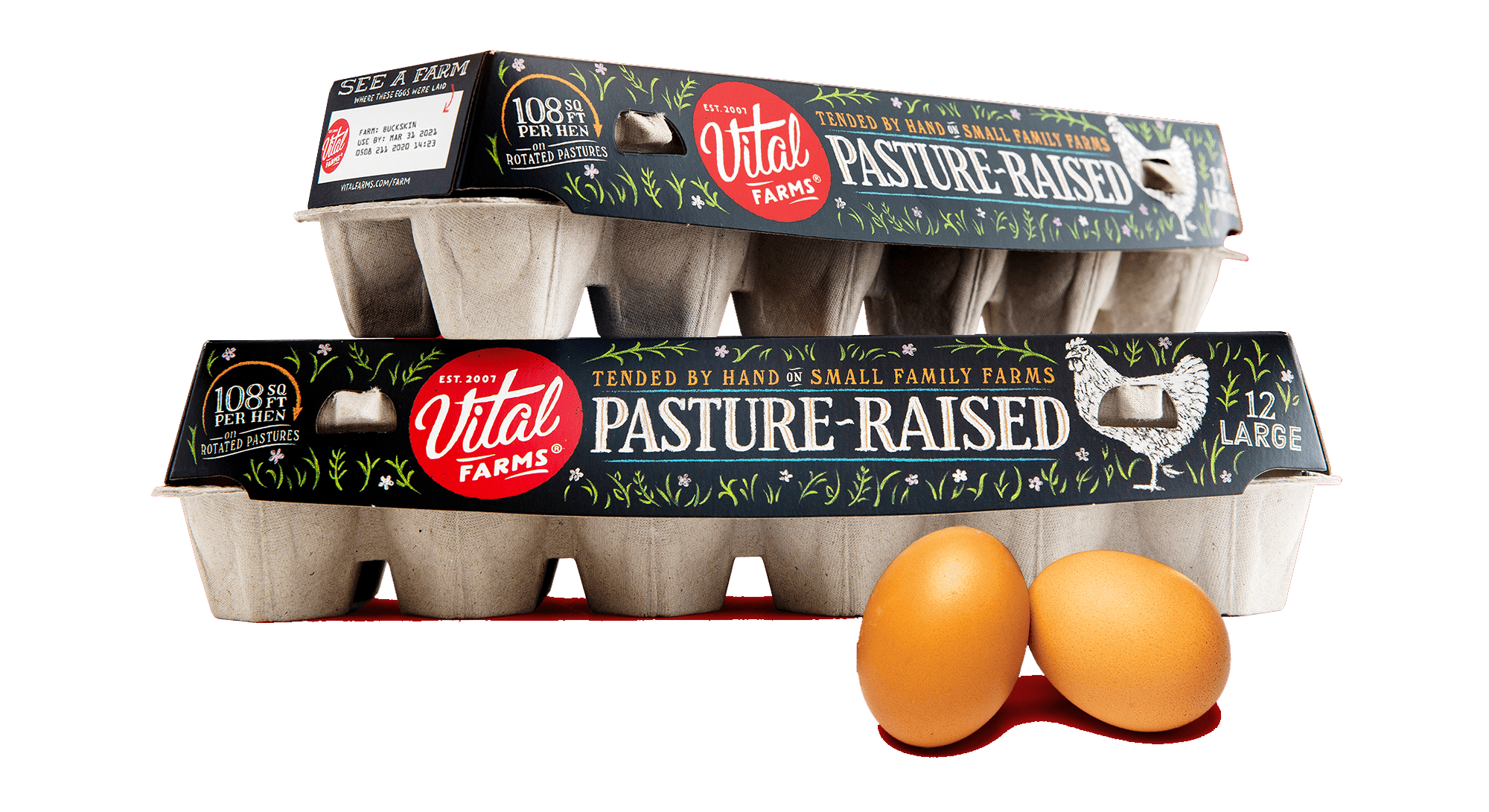In the heart of Texas, amidst sprawling acres of farmland, Matt O’Hayer embarked on an entrepreneurial journey that would redefine the landscape of the egg industry. With a track record of around 50 businesses, from carpet cleaning to sailboat charters, O'Hayer's pivotal moment came when he shifted from merely chasing riches to founding a company with a profound purpose. This marked the inception of Vital Farms, a venture that would grow to become the nation's largest producer of pasture-raised eggs.
In 2007, O'Hayer, aged 68 at the time, launched Vital Farms with just 20 Rhode Island Red hens on a modest 27-acre farm near Austin, Texas. His mission was twofold: to create a more humane environment for egg-laying hens and to share this vision with other farmers. Little did he know that this humble beginning would blossom into a multimillion-dollar enterprise with a commitment to conscious capitalism.
The initial years were challenging, as O'Hayer, a novice farmer, grappled with the intricacies of balancing ethical practices with the demands of a burgeoning business. It took two years for Vital Farms to turn its first operating profit, a period marked by trial and error, overcoming the mistakes inherent in navigating the unfamiliar terrain of egg production.
O'Hayer's inspiration for Vital Farms came from the ethos of "conscious capitalism," a concept introduced by John Mackey, co-founder of Whole Foods Market. A chance meeting between O'Hayer and Mackey in 1984 forged a friendship that would later influence the trajectory of Vital Farms. Mackey's commitment to finding a balance between profitability and social responsibility resonated with O'Hayer, sparking the idea of a purpose-driven enterprise.
The journey from a small farm near Austin to a nationwide presence in over 24,000 stores was not without its share of challenges. O'Hayer faced the daunting task of convincing fellow farmers to adhere to Vital Farms’ stringent standards for humane conditions. The chickens, which roam a minimum of 108 square feet of farmland each day, foraging for natural grasses and insects, symbolize Vital Farms' commitment to providing a better life for its animals.
However, the path to ethical egg production is not without controversy. Despite certifications like "Certified Humane," Vital Farms found itself entangled in legal battles with groups like PETA and consumers. The lawsuit questioned industry-standard practices such as beak trimming and the culling of male chicks, highlighting the ethical complexities within the egg industry.
The marketplace response, however, was telling. Consumers, willing to pay a premium of $6 to $10 per dozen for ethically produced eggs, signaled a shift in priorities. More than three-quarters of consumers expressed concern for the welfare of animals raised for food, and Vital Farms became a beacon for those seeking not just eggs but a connection to the values behind the product.
As Vital Farms went public in 2020, achieving a valuation of $452.17 million, it became evident that the market was receptive to conscious capitalism. The company's success, despite being a relatively small player in the $14 billion U.S. egg market, speaks to the potential for growth and change within the industry.
The future of Vital Farms is framed by its commitment to improving the lives of people, animals, and the planet through food. Russell Diez-Canseco, who took over as CEO in 2019, envisions a future where more farmers adopt humane conditions, and consumers increasingly choose ethically produced eggs. The company's internal projections set an ambitious goal of surpassing $1 billion in annual net revenue by 2027, signaling a vision that extends beyond profit margins to impact the broader landscape of sustainable and ethical food production.
In the evolving narrative of Vital Farms, the story is not just about eggs; it's a story of purpose, challenges, ethical dilemmas, and a vision for a future where conscious capitalism shapes the way we produce and consume our food. As the sun rises over the pastures of Vital Farms, it symbolizes not just the dawn of a new day but the promise of a more humane and sustainable tomorrow in the world of egg production.

No comments:
Post a Comment